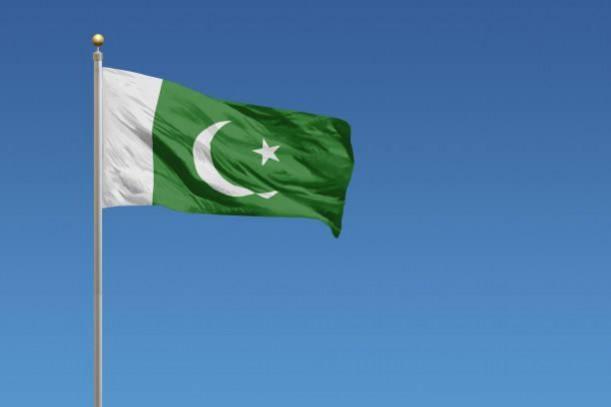It seems as if Imran Khan had just waited for President Donald Trump to keep his 4-year-old campaign promise and order the US military to halve the number of troops it has in Afghanistan within the next two months. Just a day after Trump's order, the Pakistan prime minister, on his maiden visit, arrived in Kabul to meet Afghan President Ashraf Ghani particularly to discuss the reconciliation process between the Taliban and the Afghan government, which has been stalled since September.
Couldn't have this been done earlier? On one hand, Pakistan has been preaching to better bilateral ties and improve regional economic development and connectivity with its western neighbour but experts say that it's a clear effort that showcases the country's unique power to play a double game in destabilising the regional geo-politics.

The United States and the international community have accused Pakistan of sponsoring militant groups in Afghanistan as well as Jammu and Kashmir for decades—a charge Islamabad vehemently denies. Pakistan does, in fact, support three prominent jihadi militant groups in Jammu and Kashmir: the Hizb‐ul‐Mujahideen, Lashkar‐e‐Taiba, and Jaish‐e‐Mohammad, even though these groups are officially banned by the Pakistani government. Washington has also routinely criticized Pakistan for supporting the Afghan Taliban and Haqqani Network, both of which have frequently attacked the US troops and coalition forces present in Afghanistan.
Pakistan's double game on terror
Why does Pakistan continue to sponsor militant groups in the face of considerable US pressure to stop? This question has plagued US-Pakistan relations for decades. Trump has repeatedly rebuked Pakistan, inflaming an already tense relationship when he tweeted about decades of American aid to Pakistan with "nothing but lies and deceit" in return.
The Trump administration subsequently reduced security and military aid to Pakistan, campaigned to add Pakistan to an intergovernmental watchlist for terrorism financing, and imposed sanctions on seven Pakistani firms involved in prohibited nuclear activities.

Unfortunately, these policies are unlikely to be effective in changing Pakistan's behavior. Pakistan's military establishment and intelligence agencies consider militant sponsorship an important mechanism for maintaining Pakistan's sovereignty and national identity.
As per experts, Pakistan's civilian institutions, too, have evolved to facilitate militant sponsorship by routinely legitimizing expansive executive powers, limiting judicial oversight, and violating civil liberties in the name of the national interest. Pakistan's civilian and military institutions, therefore, are much more closely aligned on matters of state sponsorship of militant groups than most US policymakers and academics think, and therefore less susceptible to outside pressure.
According to the European Foundation for South Asian Studies (EFSAS) report, there are several kinds of militant groups operating in and from Pakistan that can be distinguished by their sectarian background and their areas of operation. Their objectives may vary from overthrowing the Pakistani government, seizure of Indian Administered Jammu and Kashmir or support of Afghan Taliban.
![Al Qaeda terrorists [Representational Image] Al Qaeda](https://data1.ibtimes.co.in/en/full/652799/al-qaeda.jpg?w=599&h=339&l=50&t=40)
"Even, the Al Qaeda operatives based in Pakistan are largely non-Pakistani. They operate through networks of supportive Pakistani militant groups having strongest ties with Deobandi groups such as the Pakistani Taliban, Jaish-e-Mohammad (JM), Lashkar-e-Jhangvi (LeJ) and Lashkar-e-Taiba (LeT). The objective of this terrorist group is the establishment of an Islamic Caliphate."
"Pakistan also plays a key role in funding these terrorist organizations. As per reports, the yearly expenditure of ISI towards the terrorist organizations runs between 125-250 million USD, covering salaries, cash incentives for high-risk operations and retainers for guides, porters and informers. Apart from training and funding the terrorist organizations, the ISI has fundamentally altered the dimensions of the conflict in Kashmir by transforming it to a movement being carried out by foreign militants on Pan-Islamic religious terms," the report says.
"Apart from the incessant involvement in terrorist activities in Indian Administered Jammu and Kashmir, ISI has been involved in running several military intelligence programs in India like supplying arms to insurgents in North-East India, supporting pro-Khalistan terrorist groups in Punjab and actively printing and supplying counterfeit Indian currency notes. They have allegedly been involved in terrorist attacks viz. 1993 Mumbai bombing, 2008 Mumbai attacks, known as 26/11 (LeT), attacks in Pathankot and Uri," the Netherland-based think tank adds further in the report.














